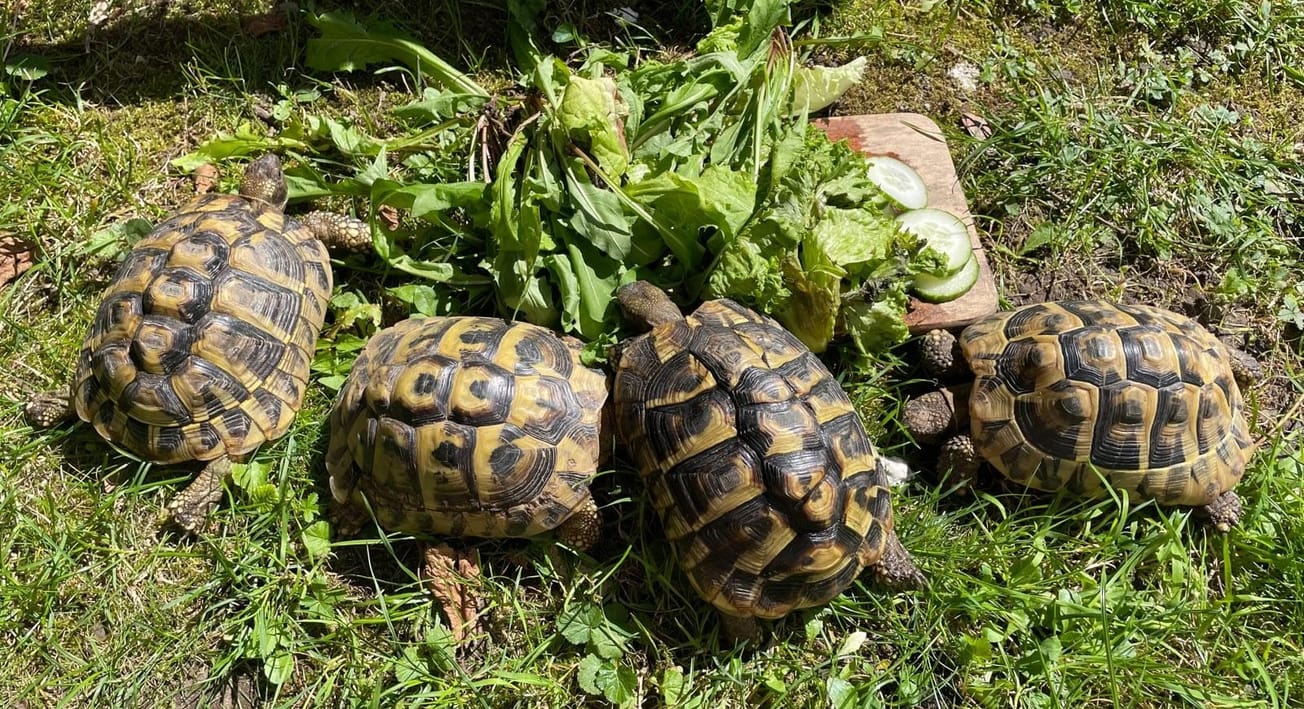By Alice Bullard, Third year, Biology
A group of Bristol University researchers, along with international colleagues, released a recent study on how anthropogenic noise impacted cooperation behaviour in bottlenose dolphins.
It was found that dolphins altered whistles to be longer and louder in high noise levels, but this was insufficient in superseding effects of noise pollution on success rate.
Human-generated noise, also called anthropogenic noise, is caused by a variety of sources in our oceans, such as commercial shipping, military sonar, oil exploration and recreational activities. It is known to impact reproduction, development, communication and physiology of a wide range of animals- with some species learning to mitigate effects of anthropogenic noise by altering their calls or leaving the area.
A recent Bristol-led study, published in Current Biology, revealed just how detrimental the effects of anthropogenic ocean noise can be on bottlenose dolphins.
Bottlenose dolphins are extremely social creatures that rely on verbal and non-verbal gestures for communication within their pods. They can be found in many types of marine habitats, like bays, harbours and estuaries as well as open ocean. They can even be spotted around the UK in coastal waters like Cardigan Bay (Wales) as well as Dorset and Cornwall. Their verbal gestures include a vast array of clicks and whistles that aid in important coordinated behaviours like foraging and reproduction.
Pernille Sørensen and colleagues, funded by the Branco Weiss Fellowship, examined how the coordination behaviour of bottlenose dolphins was affected by increasing levels of anthropogenic noise, and whether the dolphins used any mitigation strategies to overcome these effects.
It was found that coordination was impacted by anthropogenic noise as when in louder conditions, the dolphins significantly increased whistle duration and amplitude. However, these alterations did not result in similar success of coordinated activities as when in ambient noise conditions.
Dolphins working collaboratively are less successful in the presence of sound generated by humans, our very own @PernilleMS and @_StephanieLKing et al. have found!
— University of Bristol Biological Sciences (@BristolBioSci) January 17, 2023
Find out more about this top class research at the below link:https://t.co/tUZpJeXJSp@CurrentBiology
Sørensen from Bristol University's School of Life Sciences and lead author of the study said: “For years we have known that animals can attempt to compensate for increased noise in their environment by adjusting their vocal behaviour. Our work shows that these adjustments are not necessarily sufficient to overcome the negative impacts of noise on communication between animals working together.”
Senior author Dr Stephanie King added: “It also shows us that dolphins can flexibly modify their vocalisations in an attempt to continue cooperating with their partner, revealing that this species is capable of actively coordinated collaboration.”
This new finding sheds light on how dolphin cooperation could be impacted by anthropogenic noise on a bigger scale. On an individual level, human-generated noise is already known to lead to less reproductive success and increased risk of death. According to the WWF, bottlenose dolphins are also at risk from habitat degradation, coastal development and bycatch.
Like all native species, bottlenose dolphins play an important part in maintaining the healthy balance of their food chain and ecosystem. Any new losses or additions to these sensitive and complex systems can have undesirable and unpredictable effects on many other species. Therefore reduction of risk to bottlenose dolphins caused by anthropogenic noise, pollution and climate change is important.
And many thanks to YOU for following our account for the past three years! 👋 - @amydoz & @KathKopke (the JONAS Comms team)
— JONAS (@jonas_project) September 22, 2022
For more info about underwater noise research in Europe, follow @Saturn_H2020, a project examining solutions to underwater noise from ships + boats. pic.twitter.com/IiRswfeg8w
The future may seem bleak for bottlenose dolphins, but projects such as JONAS (Joint Framework for Ocean Noise in the Atlantic Seas) hope to make it brighter. JONAS, a three-year long project that ended in 2022, aimed to address threats to biodiversity from underwater noise pollution and figure out ways to better monitor and manage these threats. They suggest eight ways to reduce ocean noise on their website:
- Reduce vessel speed
- Give incentives to use ships quieting technologies
- Create 'quiet zones' and move shipping lanes
- Restrict sonar usage
- Use airgun alternatives
- More monitoring of oceanic noise pollution
- Implement public-private partnerships
- Increase public support
Dr King noted: “We show that human-made noise directly affects the success of animals working together. If noise makes groups of wild animals less efficient at performing cooperative actions, such as cooperative foraging, then this could have important negative consequences for individual health, and ultimately population health."
Featured image: Unsplash / Ranae Smith







